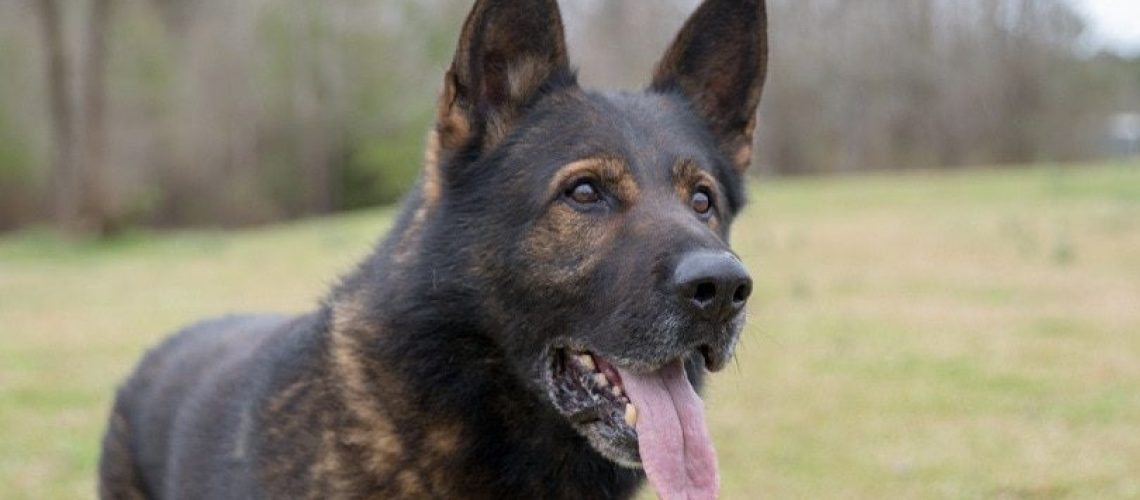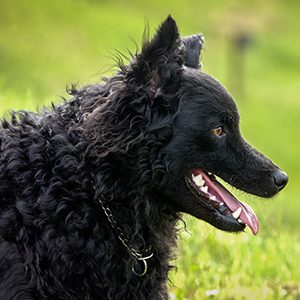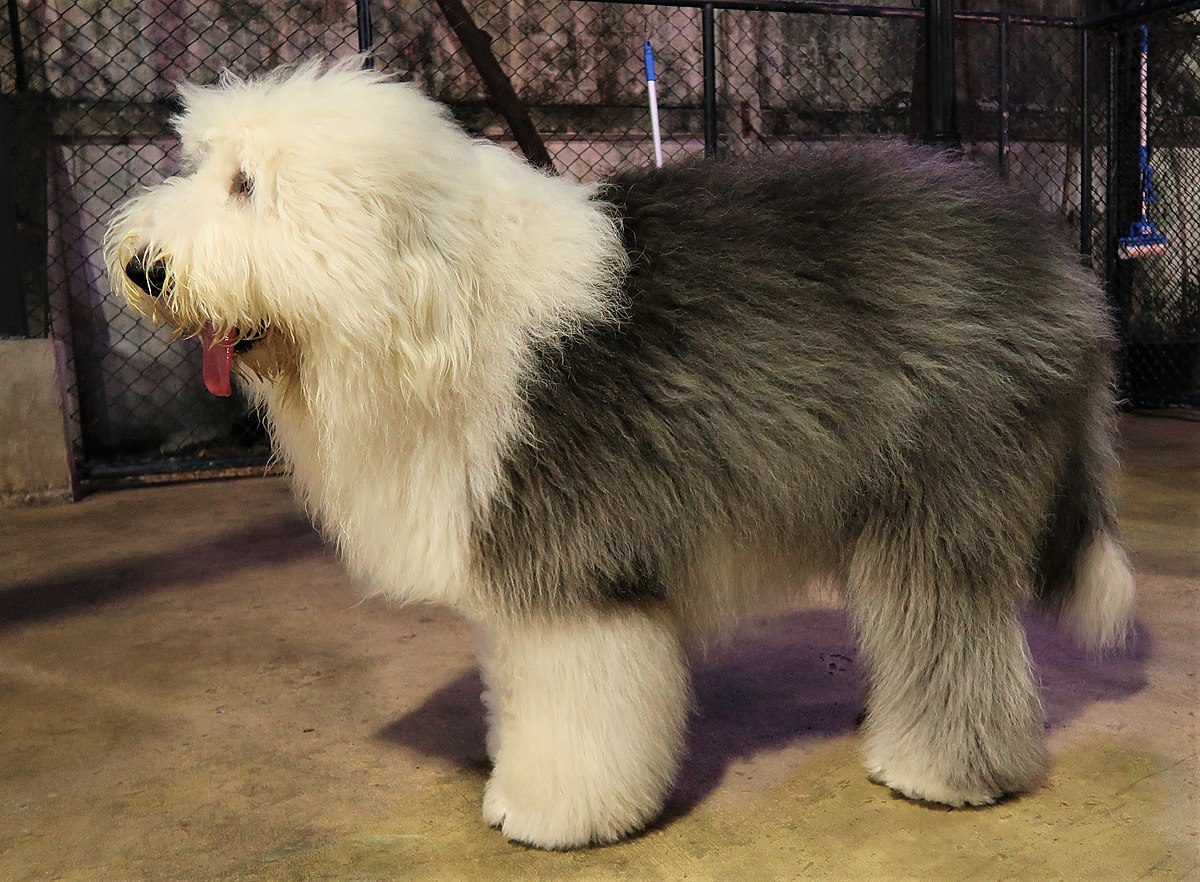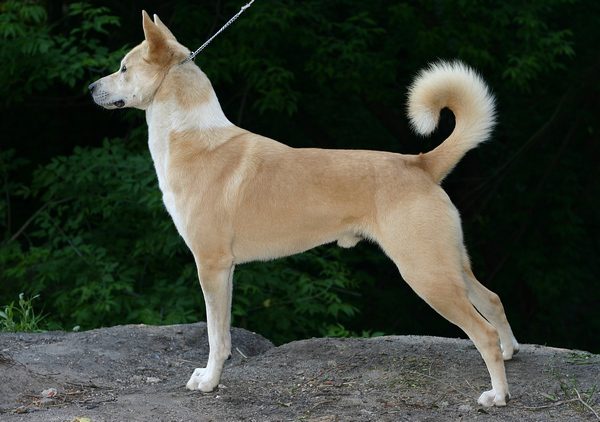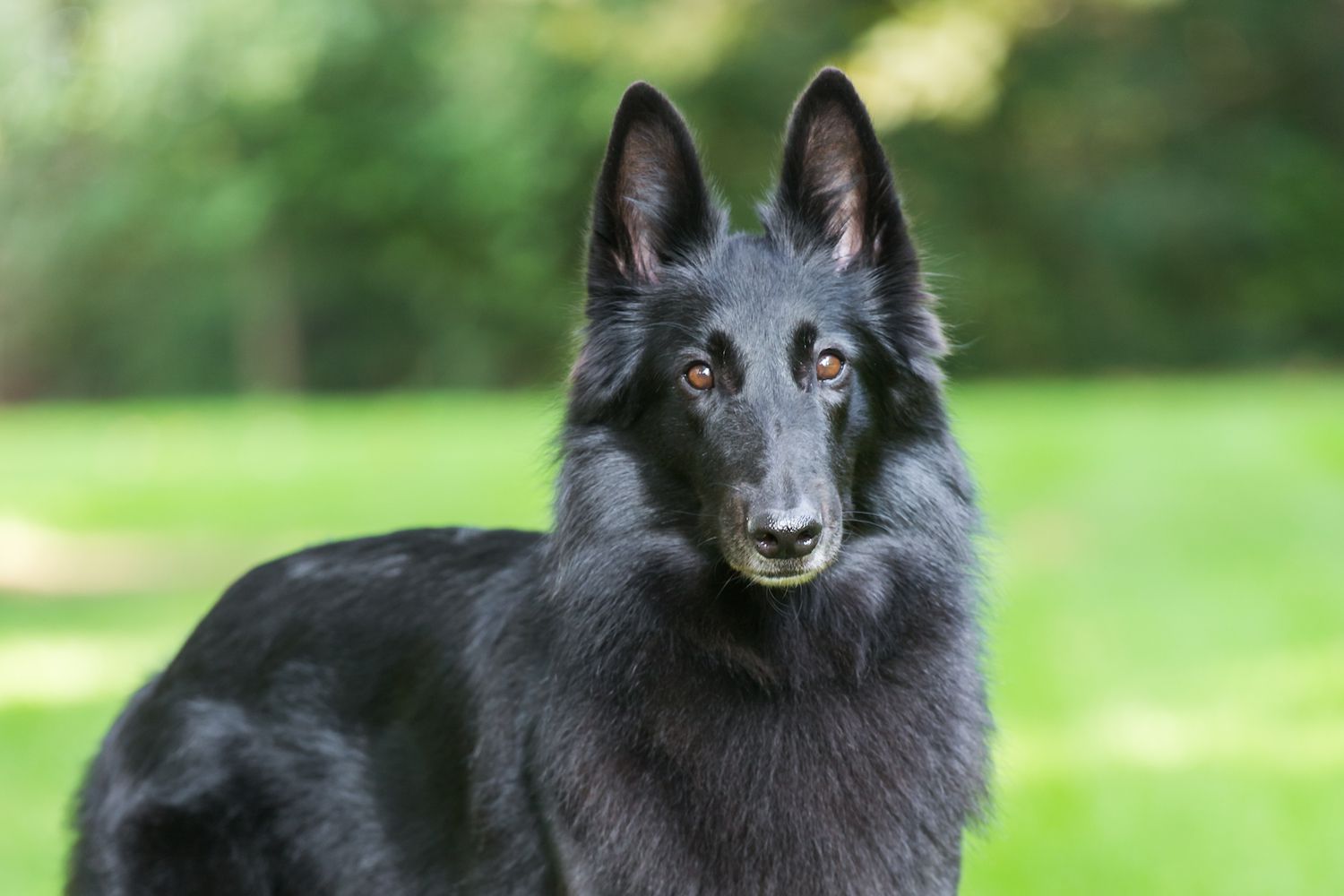Key Takeaways:
- The Czech Sheepdog is a medium-sized, intelligent, and energetic breed that requires regular mental and physical stimulation.
- They have a thick double coat that needs regular brushing to prevent matting and should be professionally groomed every few months.
- Czech Sheepdogs are known for their loyalty and make excellent family pets, but they can be reserved with strangers and may require early socialization.
- Training should begin early to establish boundaries and ensure proper behavior, as this breed can be independent and strong-willed.
- Regular exercise is crucial for the Czech Sheepdog's well-being, including daily walks or runs in a secure area to prevent them from chasing after small animals.
Are you curious about the Czech Sheepdog? If you're a dog lover or considering getting a new furry friend, understanding the characteristics and care of this unique breed can be incredibly valuable. Not only will it help you make an informed decision about whether the Czech Sheepdog is the right fit for you, but it will also ensure that you provide the best possible care for your canine companion. With their intelligent nature and stunning appearance, these dogs are truly one-of-a-kind. So, let's dive into the world of Czech Sheepdogs and discover everything there is to know about them!
Physical Characteristics of the Czech Sheepdog
Appearance and Coat
The Czech Sheepdog is a medium-sized dog with a sturdy build. They have a thick double coat that helps protect them from harsh weather conditions. The outer coat is long and dense, while the undercoat is soft and insulating. This breed comes in various colors such as black, gray, or white, often with patches of different shades.
Size and Weight
On average, male Czech Sheepdogs stand about 20-23 inches tall at the shoulder and weigh between 35-45 pounds. Females are slightly smaller, measuring around 18-21 inches in height and weighing between 30-40 pounds.
How the Czech Sheepdog Interacts with Children and Other Pets
With Children
Czech Sheepdogs are known for their friendly and affectionate nature towards children. They are patient and gentle, making them great companions for kids of all ages. These dogs love to play and will happily join in any activities or games that children initiate. It's important to supervise interactions between young children and dogs to ensure both parties remain safe.
With Other Pets
Czech Sheepdogs generally get along well with other pets if they are properly socialized from an early age. They have a herding instinct, so they may try to chase smaller animals like cats or rabbits. However, with proper training and introductions, they can learn to coexist peacefully with other pets in the household.
Exercise Needs for a Healthy and Happy Czech Sheepdog
Czech Sheepdogs are an active breed that requires regular exercise to stay happy and healthy. Daily walks or jogs are essential to meet their exercise needs. They also enjoy engaging in interactive play sessions such as fetch or agility training. Providing mental stimulation through puzzle toys or obedience training can also help keep them mentally sharp and prevent boredom.
Training Ease of the Czech Sheepdog: Easy or Difficult?
Czech Sheepdogs are intelligent and eager to please, which makes them relatively easy to train. They respond well to positive reinforcement techniques such as treats, praise, and play. Consistency and patience are key when training this breed. Early socialization is important to ensure they develop good manners and become well-rounded dogs.
Grooming Needs and Frequency for a Czech Sheepdog
Czech Sheepdogs have a long, thick coat that requires regular grooming to keep it looking its best. Daily brushing is recommended to prevent matting and remove loose hair. Additionally, they may need occasional trimming around the ears, paws, and tail. Bathing should be done as needed but not too frequently to avoid stripping the natural oils from their coat.
Czech Sheepdogs: Apartment Living or Yard Requirements?
Czech Sheepdogs can adapt well to apartment living if their exercise needs are met. However, they thrive in homes with access to a secure yard where they can run freely. The breed's herding instinct means they may try to chase after anything that moves, so a securely fenced yard is necessary to keep them safe.
Common Health Issues in the Czech Sheepdog Breed
Like all dog breeds, Czech Sheepdogs are prone to certain health issues. Some common health concerns for this breed include hip dysplasia, progressive retinal atrophy (PRA), epilepsy, and allergies. Regular veterinary check-ups, a balanced diet, and proper exercise can help minimize the risk of these health problems. Responsible breeders perform health screenings on their breeding dogs to reduce the likelihood of passing on genetic conditions.
In conclusion, the Czech Sheepdog is a loyal and intelligent breed that requires regular grooming and exercise. With proper care and training, they can make great companions for families who are willing to dedicate time and attention to their needs.
Are Czech Shepherds good family dogs?
These dogs are adaptable, robust, affectionate, and have sturdy bones and steady nerves. They are excellent companions for individuals and families. Czech Shepherds are also referred to as Czechoslovak Shepherds, Czechoslovakian Shepherds, and Czech German Shepherds. Regardless of the name, they are the ultimate breed for working and providing protection.
What are the health issues with Czech German Shepherds?
Hip dysplasia can occur in certain breeds, although it is not as common as in those bred for show. Other potential health problems for these dogs include ear infections, bloat, and injuries due to their driven and often stoic nature.
What is the personality of a Czech German Shepherd?
Czech Shepherds have a temperament that is highly regarded, similar to other German Shepherds. They are intelligent, energetic, loyal, and have a strong desire to perform various tasks.
What is the temperament of a Czech mountain dog?
The character of the individual is friendly, confident, brave, energetic, agile, trainable, and accepting of both strangers and children, as well as unfamiliar dogs.
What is the lifespan of a Czech shepherd?
The Bohemian Shepherd, also known as the Chodský pes, Czech Sheepdog, Bohemian Herder, or Chodenhund, originates from the Czech Republic. It typically has a lifespan of 12-14 years and is recognized by the Czech Kennel Club and the Fédération Cynologique Internationale.
What are German Shepherds weaknesses?
Due to their susceptibility to hind leg weakness, German Shepherds have a higher likelihood of developing severe arthritis. Dogs with hip problems and arthritis may alter their walking style and have a lower posture, resulting in a more visibly bent appearance of German Shepherd legs.



